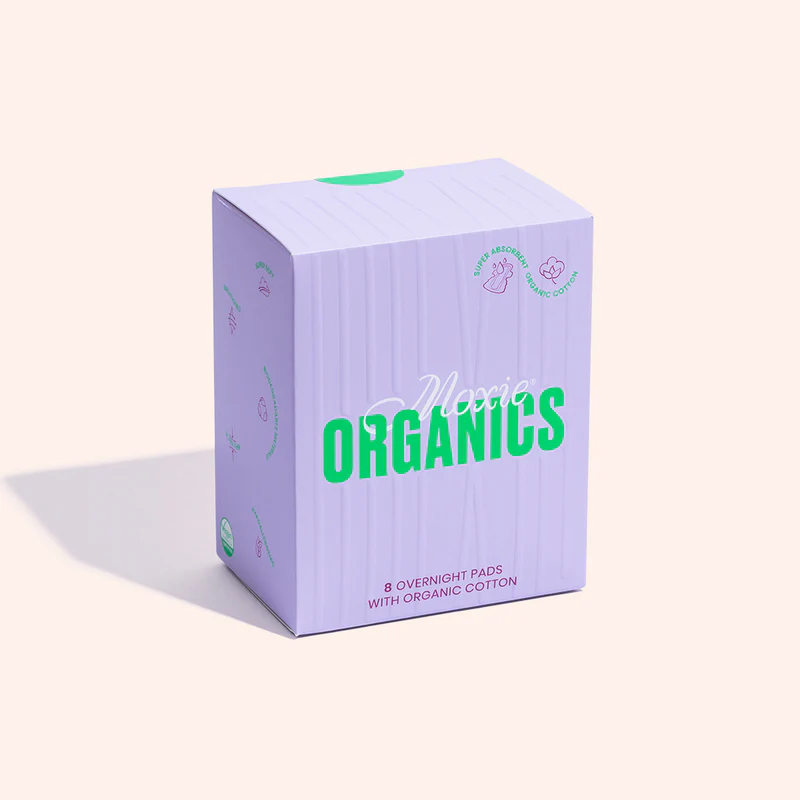
In recent years, there has been a noticeable shift in consumer behavior towards more natural and organic products. This trend extends to various aspects of life, including personal care items.
One area where this shift is particularly evident is in feminine hygiene products, with many women choosing organic tampons over conventional ones. But what exactly is driving this preference? In this article, we delve into the reasons behind why women are opting for natural tampons instead of disposable ones.
Health Concerns
One of the primary reasons women are turning to organic tampons is concern over their health. Conventional tampons are often made from non-organic cotton, which may contain traces of pesticides, herbicides, and other harmful chemicals used in the cultivation process.
These chemicals can disrupt hormonal balance and adversely affect reproductive health. On the other hand, organic tampons are made from certified organic cotton, which is grown without synthetic pesticides or fertilizers, offering a safer alternative for women.
Reduced Risk of Irritation
Conventional tampons are typically bleached using chlorine dioxide, which can leave behind residual traces of chlorine and dioxin, which may cause irritation and sensitivity in some women. Organic tampons are free from chlorine bleach and other harsh chemicals, making them gentler on sensitive skin and reducing the risk of irritation and allergic reactions.
Environmental Considerations
The environmental impact of conventional tampons cannot be ignored. The production of non-organic cotton involves heavily using pesticides and fertilizers, which can pollute soil and waterways, harm wildlife, and pose risks to human health.
Additionally, the plastic applicators and packaging used in many conventional tampons contribute to plastic pollution, further exacerbating environmental problems. On the other hand, organic tampons are biodegradable and produced using sustainable farming practices, making them more eco-friendly.
Transparency and Trust
With growing awareness about the potential risks associated with conventional tampons, many women seek greater transparency from manufacturers regarding the ingredients used in these products.
Organic tampon brands often prioritize transparency, providing detailed information about the materials and processes used in their products. This transparency helps build trust with consumers who value knowing exactly what they put in their bodies.
Support for Ethical Practices
By choosing organic tampons, women are not only prioritizing their own health and well-being but also supporting ethical and sustainable practices within the industry. Organic cotton farming is often associated with fair labor practices and better working conditions for farmers and workers. By opting for organic tampons, women align their purchasing decisions with their values and support companies that prioritize ethics and sustainability.
Empowerment and Choice
Ultimately, choosing organic tampons is about empowerment and choice. Women deserve access to safe and healthy products for managing their menstrual health, and organic tampons offer an alternative that prioritizes health and sustainability. By making informed choices about the products they use, women can take control of their health and well-being while positively impacting the environment.
In conclusion, choosing organic tampons is driven by various factors, including health concerns, environmental considerations, transparency, ethical practices, and the desire for empowerment and choice. As more women become aware of the potential risks associated with conventional tampons and the benefits of organic alternatives, the demand for organic tampons will likely continue to grow. By supporting organic tampon brands, women can prioritize their health, protect the environment, and contribute to positive change within the industry.








